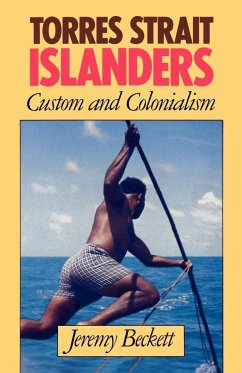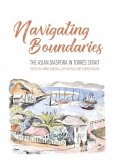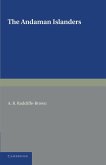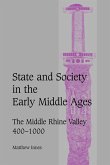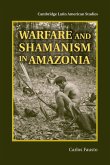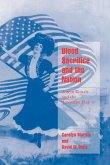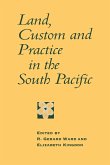The Torres Strait Islanders are Australia's 'other' indigenous minority. Their experience of colonialism and reaction to their position in Australian society provides a striking counterpoint to that of the Aborigines. The author applies many years of study and work among the Torres Strait Islanders to provide a new account of their changing world in the islands and their changing role in Australia. A Melanesian people, the Torres Strait Islanders' cultural affinities originally lay with the Papuans to the north rather than the Aborigines to the south. But by the logic of European colonialism, they were made a part of the State of Queensland. The pearling industry has exploited their labour, but left them in occupation of their islands. The Queensland government has allowed them a degree of autonomy in local affairs which many would contrast with its approach to Aborigines. The Torres Strait Islanders have thus had the space in which to develop a rich and vital way of life that they still call 'island custom', which has, however, changed from that described in the classic anthropological research begun by A. C. Haddon just a hundred years ago. This provided the starting point for Dr Beckett, who has studied and worked with Torres Strait Islanders since the 1950s, and this book links the personal experience of the author, the professional insights of the anthropologist, and the perceptions of past and present held by the Islanders themselves. The author has examined the move to the mainland of many Islanders searching for new opportunities, but re-creating island custom in the new setting. He demonstrates in this book the attempts of the Islanders to win a more favourable place inAustralian society, challenging European authority. The book examines colonialism in its various manifestations, and the ways, political and cultural, in which the colonized mediate its effects. Through the concept of 'welfare colonialism' Islander affairs are located in
Hinweis: Dieser Artikel kann nur an eine deutsche Lieferadresse ausgeliefert werden.
Hinweis: Dieser Artikel kann nur an eine deutsche Lieferadresse ausgeliefert werden.

